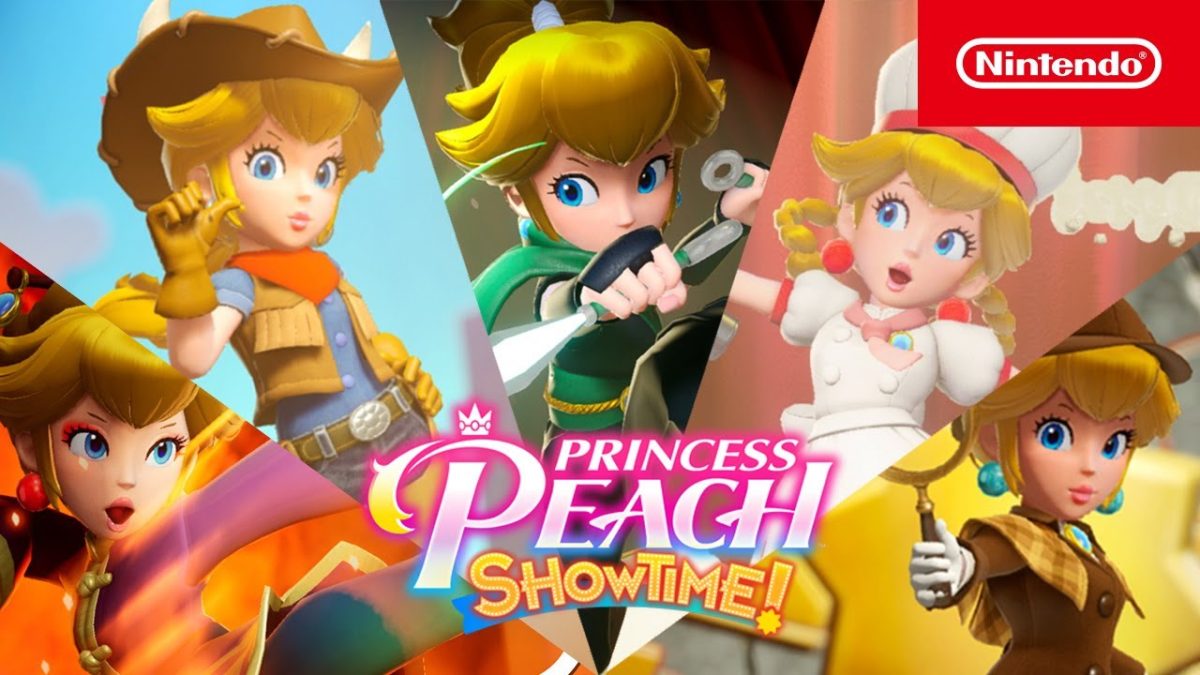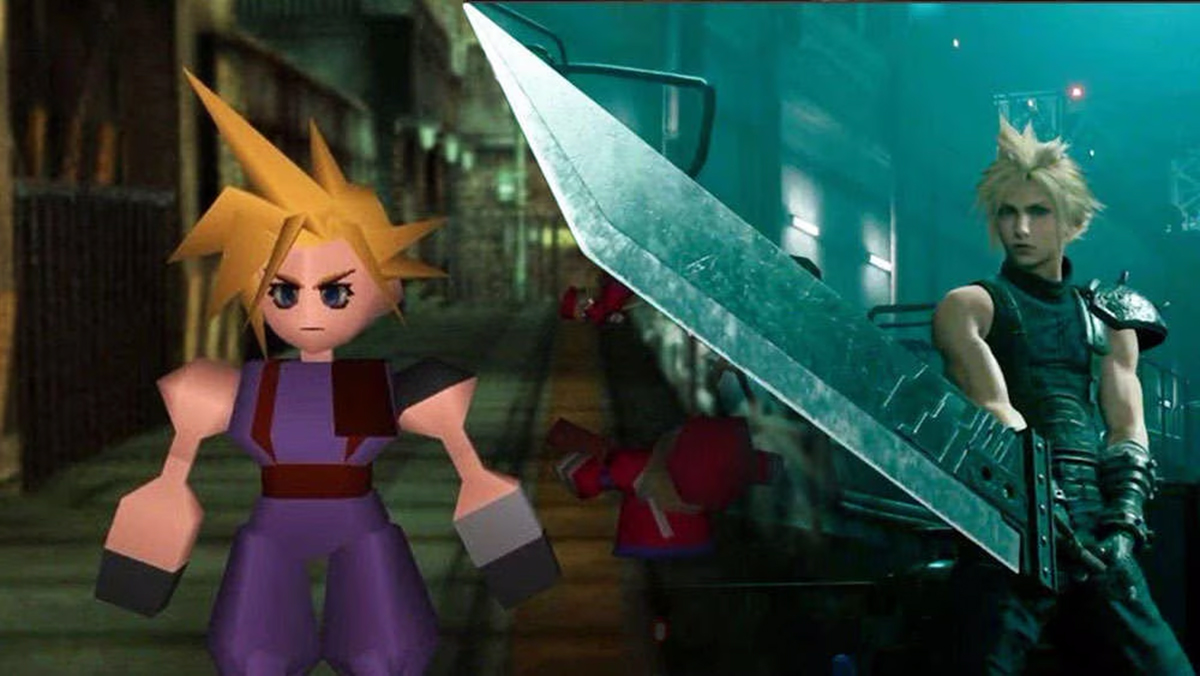Back in high school there was a constant praising of the students who would end up at the top of my class. The praise was not undeserved, because these students did work hard. But the top students also had natural smarts and social environments that allowed them to succeed. At the high school I attended, and certainly at many other schools, there was seldom praise when a low-or medium-performing student did something well.
The problem is that when it comes to giving students opportunities, too few schools allow the below-average, or even average, students to participate in activities that would make them better citizens.
Brandy Williams, a freelance writer, wrote in a blog on Huffington Post that underprivileged students “fail, not because of their circumstances, but because of the circumstances educators have created for them.” She states many times an educator will not assign homework because their underprivileged students may not finish it – this creates a chasm that does not push students or help them out. By no means do I believe every thing that Williams states in her blog, but I do believe the basic premise that by not allowing underprivileged students opportunities afforded to their higher-performing, dare I say it, privileged students, schools harm students.
I can only explain this through what I believe was a mistake on the part of my high school. During my junior and senior years of high school, two of the highest performing girls were chosen by the school administration to be volunteers for the county peer youth court. The volunteers acted as peer jurors, judges, etc. in the sentencing of juvenile offenders. I don’t doubt that the girls who were volunteers did a wonderful job, but this is exactly a case of overlooking underprivileged students who would have benefited greatly from this experience.
While some underprivileged students will not go on to college (and some will), it’s important to remember that these students will be citizens. Voting citizens. I believe that by letting the students that might get into trouble themselves participate and learn from experiences like youth peer court, they will learn to be better citizens.
In an interview with the World Innovation Summit for Education, Robert Birdsell, president of the Cristo Ray Network, said that “The most important driver to improving access to education for low-income groups is the belief that underprivileged students can and will succeed when given a quality education. Too often teachers have the mentality that students who were raised in impoverished families cannot learn.” In my small, low-income, rural school, this was true. But every school, no matter how rich or poor, can help underprivileged students succeed by understanding that they can benefit from experiences like youth peer court.






